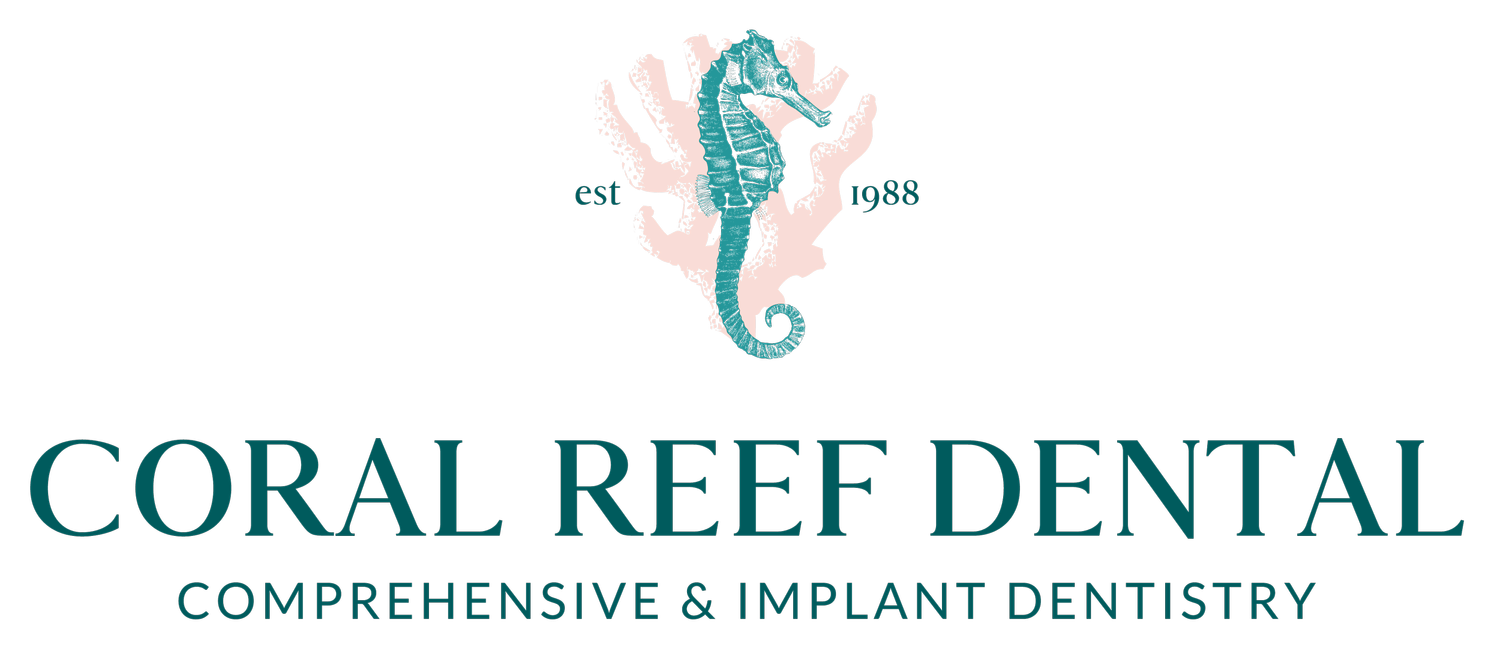Types of Dentists and How To Find the Right Treatment
A lot of people assume that general dentists cover all aspects of oral health, but that isn’t the whole story. There are many different types of dentists working in highly specialized areas of the field to treat even the most complex cases. This guide covers different types of dentists and their specialties, along with tips for choosing the right one for your needs.
What are the common types of dentists?
You’ll find different types of dentists practicing in various fields in the industry, including:
General dentistry
General dentists are primary dental care providers who diagnose, treat, and manage oral health needs in both children and adults. They may perform services, such as:
Routine teeth cleanings and exams
Cavity fillings
Root canals
Gum care
Crowns, bridges, and preventive education
Pediatric dentistry
Pediatric dentists specialize in caring for the teeth and gums of infants, children, and adolescents. They perform oral exams, monitor growth and development, and help patients establish strong oral health habits.
Oral pathologists and surgeons
An oral pathologist is a specialist who diagnoses diseases of the mouth, jaw, and surrounding structures. They may spend most of their time analyzing tissue samples in the lab rather than working directly with patients. On the other hand, an oral surgeon performs surgical procedures like tooth removal, jaw realignment, and facial trauma repair.
Orthodontics
When a patient has misaligned teeth that affect their appearance or functionality, they may visit an orthodontist. These types of dentists use braces, retainers, and aligners to straighten teeth and correct a faulty bite.
Endodontics
An endodontist’s area of expertise includes the nerves and pulp within the tooth. They perform root canals, diagnose tooth pain, and treat traumatic injuries, preserving natural teeth through internal treatments.
Prosthodontics
A prosthodontist restores and replaces teeth, often in complex or cosmetic cases, using dentures, crowns, bridges, implants, and full-mouth reconstructions.
Periodontics
A periodontist is a practitioner specializing in the prevention, diagnosis, and treatment of gum disease, addressing all aspects of gingivitis and periodontitis.
Related reading: What Are the Stages of Periodontal Disease?
Understanding which type of dentist you need
For many people, a general dentist is the gateway to more niche specialties, but we can help you understand how your provider may determine which type of dentist you should see.
What types of dental issues are you experiencing?
If you’re experiencing issues with your oral health, consider making a list of your symptoms before your next dental appointment to help your provider get a better understanding of your condition. It’s easy to forget about signs that seem insignificant, but every detail is a clue your dentist can use to improve your care.
Why see a specialist?
Specialists have advanced training and experience in focused concentrations within the dental arts. By mastering the complexities of nuanced fields, they’re able to offer precise, evidence-based care tailored to your unique needs.
What are the differences between a DDS and DMD?
A DDS degree (Doctor of Dental Surgery) and a DMD degree (Doctor of Medicine in Dentistry) are equivalent terms that differ only in name. These three letters behind your dentist’s name are a product of the dental school they attended and do not signify different degrees of expertise.
Related: Alternatives to Dentures: What Are Your Options?
When to see a dental specialist
So, how can you know it’s time to visit one of the many different types of dentists out there? Here’s a quick guide to get you started:
When your general dentist refers you
You can think of your general dentist as your mouth’s primary care doctor for preventative dental care. By listening to your symptoms and assessing your teeth and gums, they can determine the right type of dentist to address your concerns and treat your condition.
Overall, your general dentist will treat you to the best of their ability and understand when your condition is beyond their scope of practice.
Seeking a second opinion
If you’re facing a major diagnosis or an expensive dental procedure, a second opinion from a highly trained specialist can provide clarity on your condition and improve your confidence in your treatment plan. They may have access to advanced diagnostic tools or be able to offer alternative treatment solutions
Addressing cosmetic concerns
Aesthetic issues that can’t be fixed with whitening treatments or veneers may require the help of a skilled specialist, such as an orthodontist, prosthodontist, or oral surgeon. These types of dentists seamlessly balance form and function to give you a healthy, radiant smile.
Related: How Much Is Teeth Whitening at the Dentist?
Take a step toward a healthier smile at Coral Reef Dental!
Unless you’re a dentist or experienced dental hygienist, it can be hard to guess the root cause of your own oral discomfort. However, your general dentist has the training, tests, and tools to help you choose the right dental specialist. Not sure where to start? Contact Coral Reef Dental today to begin your journey to optimal oral health!



